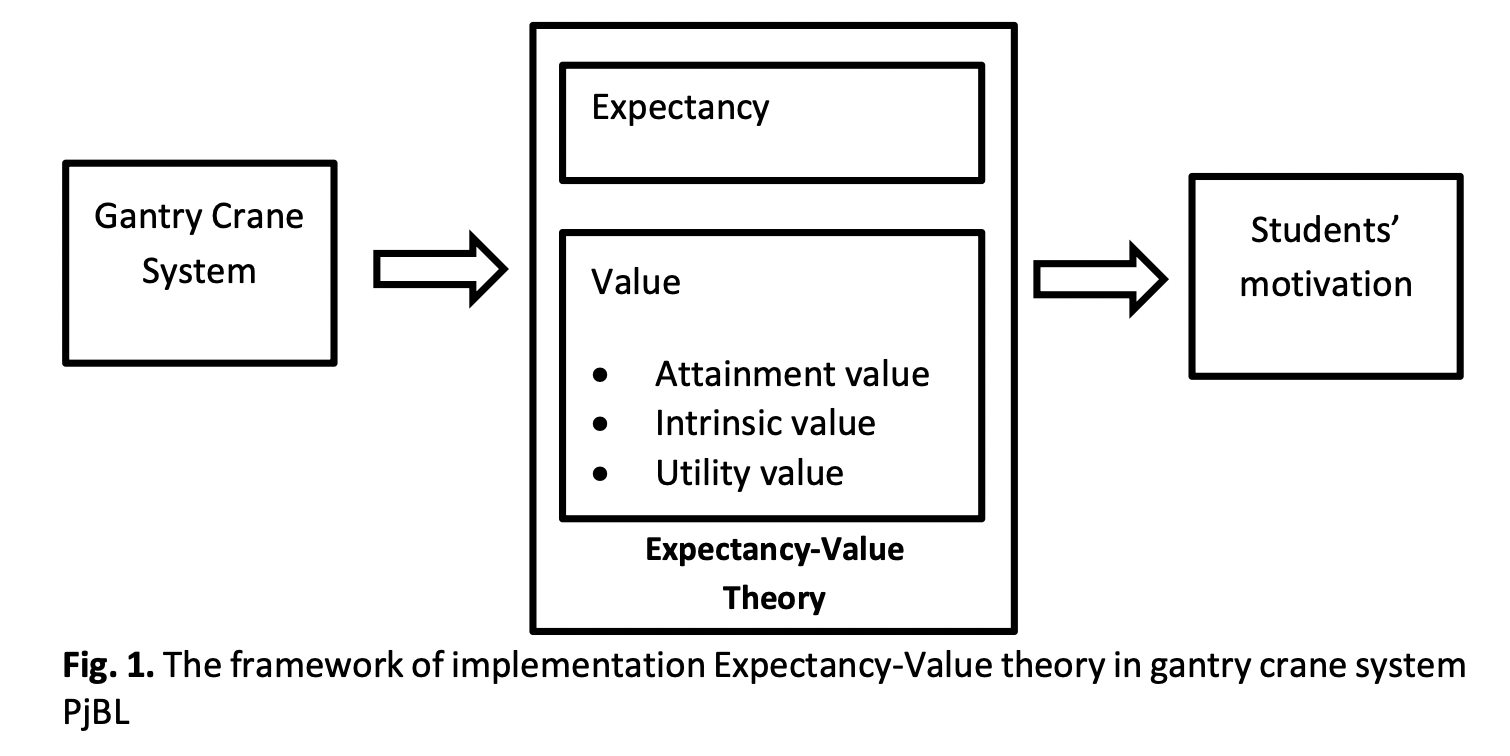Crafting a Real-World Problem Project-Based Learning Based on Gantry Crane System
DOI:
https://doi.org/10.37934/araset.34.1.228237Keywords:
Gantry crane system, expectancy theory, project-based learning, control systemAbstract
This paper presents the design and implementation of project-based learning for the System Modeling and Analysis course using a real-world gantry crane system problem in the first control engineering course for electrical engineering students. This project-based approach covers several topics including modeling, simulation, control and analysis. Several activities were conducted as part of the implementation of this project-based learning to achieve the intended learning outcomes of the course and the students’ expectancies values such as attainment, intrinsic, and utility values. Both individual and group assessments were performed to evaluate the abilities and knowledge, as well as to observe and provide feedback on the development of the required skills. The impact of this project-based learning implementation is evaluated by analyzing students’ feedback comments and suggestions. The findings indicate that students’ can develop their ability to solve a practical problem systematically as well as enhance their understanding and motivation towards learning. Hence, this indicates that all expectancy values considered are achieved.
Downloads





























